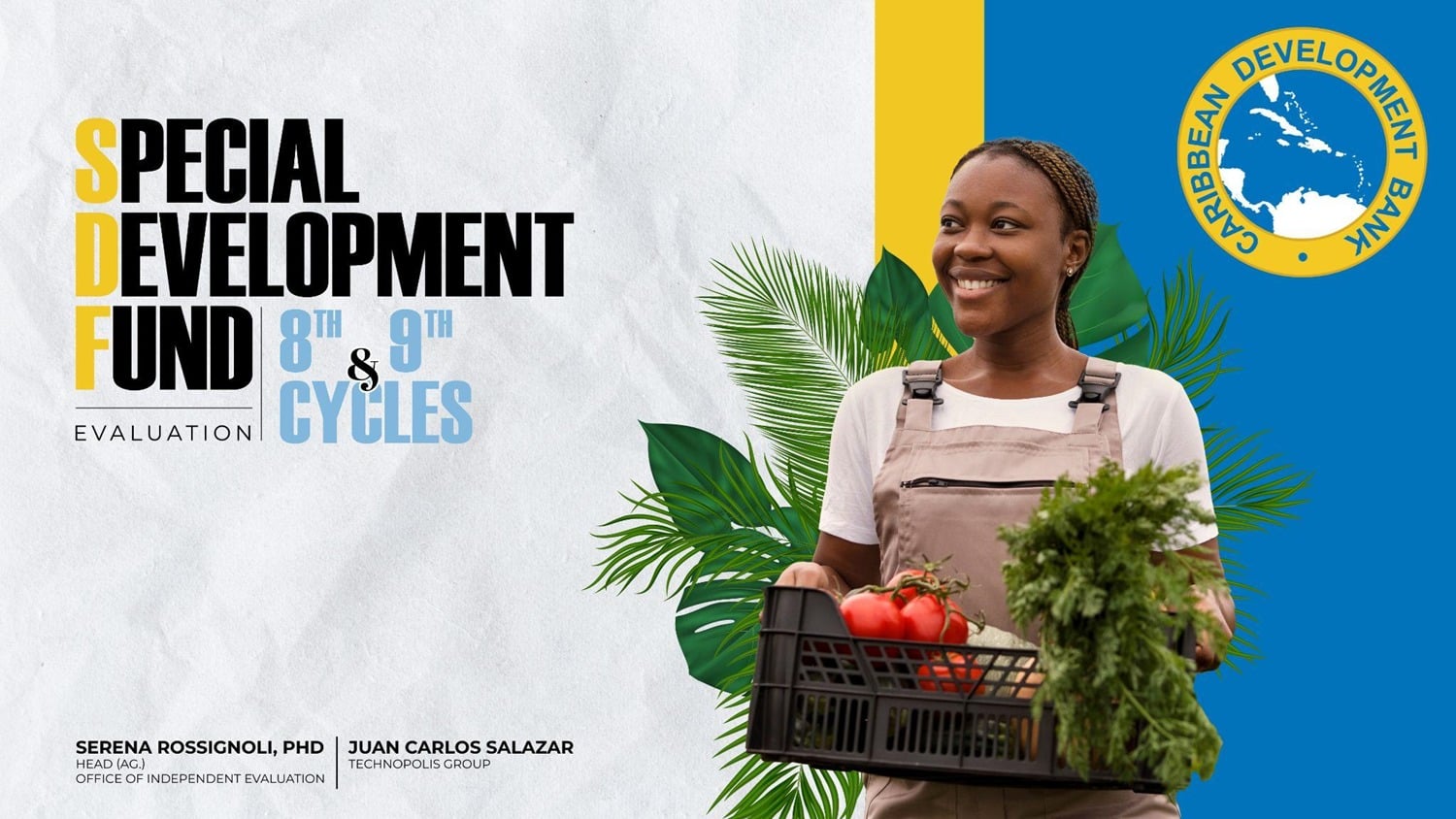Vaccine hesitancy may be as old as vaccines themselves. But the ongoing COVID-19 pandemic and the easy access to wrong or deceptive information online have moved the issue centre stage.
From made-up safety glitches in the vaccine production and concealed severe side-effects to Bill Gates’ aspiration to control the world’s population: misinformation about COVID-19 vaccines comes in many shapes. Sometimes it is visually strong content designed to trigger your emotions, other times it mimics the style of academic articles and reports. The internet and social media platforms in particular offer a seemingly endless supply of incorrect and misleading information on vaccines. The best ways to tackle the issue may be similar to how we fight a virus.
Misinformation propagates like an infectious disease. A person, potentially with a certain vulnerability, gets infected and spreads it to others in the vicinity. Whereas the COVID-19 pandemic spreads through handshakes and coughs, the “infodemic” spreads through likes and shares. Recognising wrong and deceptive information and distinguishing it from trustworthy content is, hence, crucial to stop people from disseminating wrong claims.
Public authorities play a vital role in mitigating the spread of misinformation about vaccines. Technopolis Group has carried out several projects to show public health bodies how to recognise misinformation, how to react to it and how to debunk false and persistent claims. For the European Centre for Disease Prevention and Control (ECDC), Technopolis Group supported the development of the European Vaccination Information Portal, a website that offers scientific facts on vaccines and the diseases they aim to prevent in simple non-academic language.
How misinformation exacerbates vaccine hesitancy
Offering an alternative to misinformation starts with providing correct and comprehensible information on the dangers of infectious diseases and the benefits of vaccines. The information provided needs to be honest and complete, meaning that a transparent overview of all benefits and risks associated with a vaccine should be presented. No vaccine can ever be 100% safe, so the potential for harmful reactions and how these risks are outweighed in many cases by the greater benefit of a large-scale immunisation should be part of the discussion.
Misleading personal risk-benefit assessments are often what leads to vaccine hesitancy. In an individualised society, many strive to make the best decisions for themselves, regardless of what public authorities recommend. If misinformation comes into play, wrongly exacerbated risks of getting the vaccine receive more attention than the benefits of a protected community. Misinformation content often focuses on the alleged dangers of vaccines rather than on the risks of the diseases themselves. This can affect the individual decision-making processes for whether to get vaccinated or not.
Even though vaccine hesitancy isn’t a new issue, social networks with their information bubbles and algorithms that favour content that triggers engagement have increased the problem. The COVID-19 pandemic has given it an additional push. Whereas until about a decade ago, mainly religious or alternative lifestyle communities were concerned, today the issue has arrived at the centre of our societies. A series of opinion polls was carried out in European countries in the past months on the acceptance of the COVID-19 vaccine. The surveys concluded that up to 40 % of French and 25% of Germans might not want to get vaccinated. Public authorities should be careful not to add further fuel to the fire.
Convince, don’t shame
One example of how politics can feed into the growing hesitancy is the ongoing dispute around late deliveries of vaccines. The argument that’s wedged between Europe’s top-ranking officials and “big pharma” not only has the potential to increase mistrust in pharmaceutical corporations in general but also to confuse the quality of the procurement with the quality and safety of the pharmaceutical product itself.
Irrespective of how well the COVID-19 immunisation campaign will be received by the general public, public authorities and officials shouldn’t ridicule or ostracise vaccine sceptics. Instead of shame, they should be offered the right information and arguments to be allowed to take their own well-educated decision. Being informative yet empathetic could be the key to getting as many people immunised against COVID-19 or any other infectious disease. Vaccines save lives, and so will the COVID-19 vaccines.



